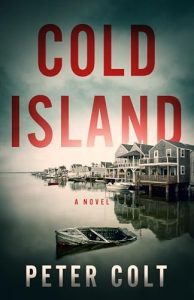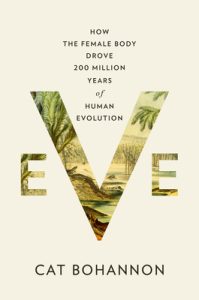
Rating: ★★★★★ (4.5/5)
Stephanie Foo’s What My Bones Know: A Memoir of Healing from Complex Trauma is one of those rare memoirs that both shatter and rebuild you at the same time. Honest, meticulously researched, and achingly human, this book stands as one of the most powerful explorations of mental health and generational trauma in recent years.
Foo, an award-winning journalist best known for her work on This American Life, seemed to have everything a successful career, a loving relationship, and stability. Yet behind that polished exterior, she was suffering from panic attacks, emotional exhaustion, and a sense of inner chaos she couldn’t explain. When she was finally diagnosed with Complex PTSD (C-PTSD), it became the catalyst for a remarkable journey toward understanding and healing.
What makes What My Bones Know so compelling is Foo’s ability to blend the personal with the scientific. She doesn’t just tell her story; she investigates it. Through interviews with psychologists, neuroscientists, and trauma specialists, she pieces together how years of chronic abuse and neglect reshaped her brain and body. The book is both a memoir and an education in trauma science, written with clarity and compassion.
Foo’s childhood was marked by abandonment and violence. Both parents left her by the time she was a teenager after years of physical and emotional abuse. Instead of focusing solely on her suffering, Foo uses her journalistic lens to understand how trauma becomes encoded in the body and passed down through generations. Her exploration of immigrant trauma particularly within Asian American families is groundbreaking. She deftly connects her personal pain to the larger socio-cultural pressures that often go unspoken in immigrant communities.
One of the book’s most poignant achievements is its nuanced portrayal of intergenerational trauma. Foo does not excuse her parents’ cruelty, but she also contextualizes it within their histories of war, displacement, and survival. She dares to hold two truths at once: understanding where pain comes from while refusing to justify it. This delicate balance between compassion and accountability is what gives the memoir its emotional gravity.
Throughout the book, Foo experiments with various forms of therapy from EMDR to gratitude journaling capturing both the frustration and hope inherent in the healing process. Her account of working with Dr. Jacob Ham, a trauma therapist who helps her find safety within herself, is deeply moving and refreshingly realistic. Their recorded therapy sessions, included in the audiobook, give listeners an even more intimate window into the process of recovery.
Readers have praised Foo’s voice for its vulnerability and intelligence. She is funny, self-aware, and deeply empathetic. Her writing invites reflection, particularly on how society often misreads the effects of trauma especially when masked by achievement or privilege. One reviewer noted how Foo’s research into Bay Area immigrant communities exposes the hidden epidemic of child abuse among families seen as “model minorities,” a topic both painful and necessary.
What sets this memoir apart from others on trauma is its refusal to surrender to despair. Foo’s conclusion is not about “moving on” but learning to “move with” trauma to coexist with the past while reclaiming power in the present. Her story is one of resilience, self-acceptance, and the quiet triumph of survival.
What My Bones Know is more than a memoir; it is a mirror for anyone who has ever carried invisible wounds. It is a guidebook for those who are learning to make peace with their history, to live fully even when healing feels impossible. Foo reminds us that trauma does not define us it shapes us, but it can also become the foundation of strength and empathy.
Final Verdict:
Brilliantly written and emotionally resonant, What My Bones Know is essential reading for anyone interested in mental health, cultural identity, and the long road to healing. It is both a personal reckoning and a collective call for understanding. Stephanie Foo has given the world not just her story, but a language for pain that many never had before.
👉 You can get your copy here: Buy on Amazon


